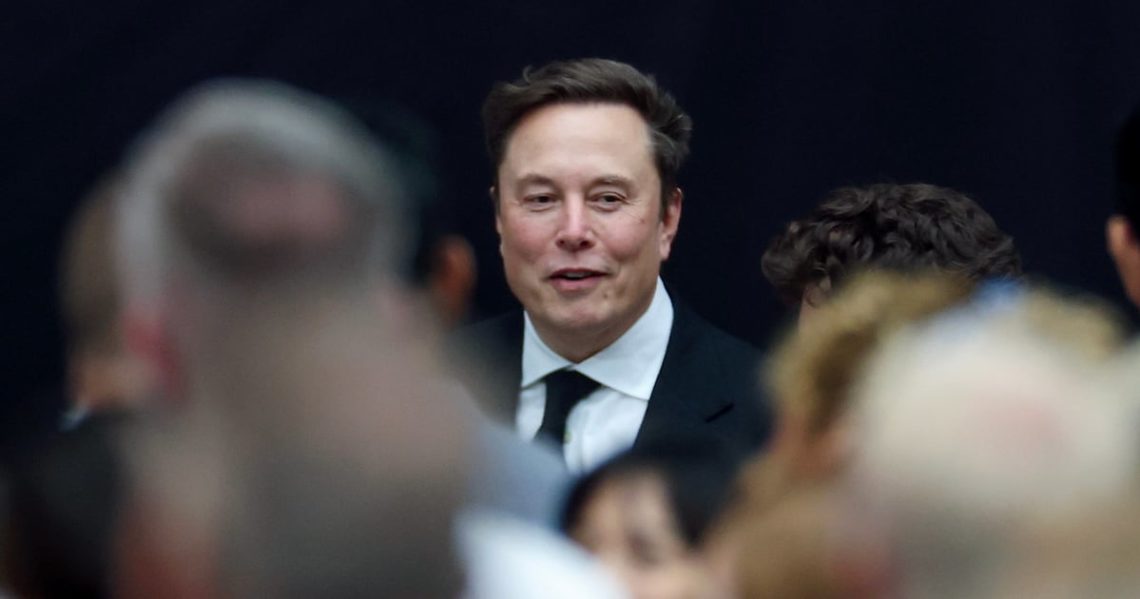It seems that Elon Musk’s own candor might also be his own downfall. At least, that’s the case in one lawsuit the former DOGE-father is embroiled in.
On Wednesday, a federal judge granted the New York Times’ request for a list of Musk’s security clearances. The request, under the Freedom of Information Act, had initially been denied by the Department of Defense on the grounds that it would “invade Musk’s privacy,” according to court documents. But judge Denise Cote, a Clinton appointee, rejected that argument, citing several of Musk’s own social media posts as justification.
Cote said that Musk’s company SpaceX is one of the largest federal contractors and therefore handles sensitive government information, and noted that Musk had spent months as a special government employee presiding over DOGE.
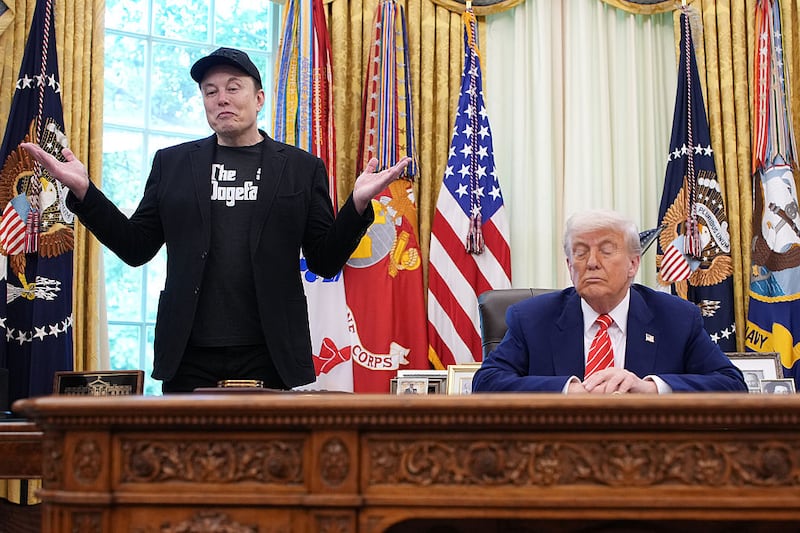
“During his time as a major government contractor and as a special government employee, Musk has publicly discussed his security clearance,” she wrote, referencing an X post Musk made in February, where he stated, “I’ve had a top secret clearance for many years and have clearances that themselves are classified.”
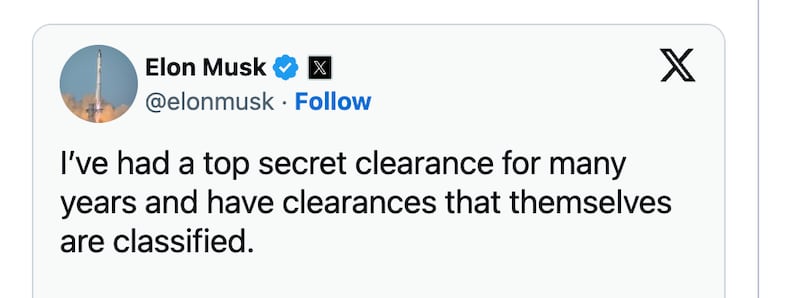
Cote also pointed to posts where Musk mentioned his own drug use and interactions with foreign adversaries.
“I have spoken to Putin only once and that was about 18 months ago. The subject matter was space,” Musk wrote on X in 2022.
In January 2024, he wrote: “I agreed, at NASA’s request, to do 3 years of random drug testing.”
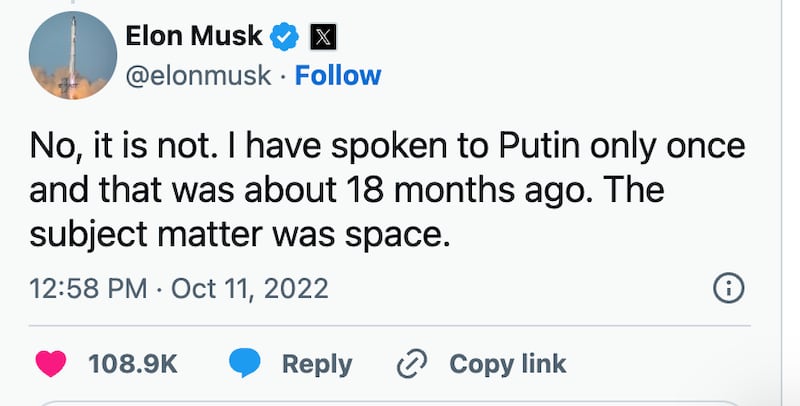
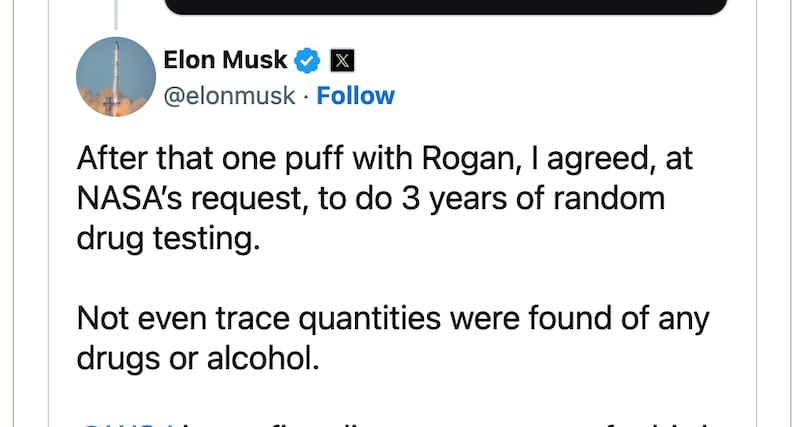
“These three social media posts from Musk on X have collectively been viewed over 2 million times,” Cote noted (though just one post currently has 24 million views.) “The record evidence establishes that any privacy interest of Musk’s is outweighed by the substantial public interests in disclosure.”
She went on to rule that Musk waived his right to privacy by making such public declarations. “He has discussed publicly that he holds a ‘top secret clearance’ and, in doing so, has ‘diminished’ any privacy interest he held in that fact,” she wrote.
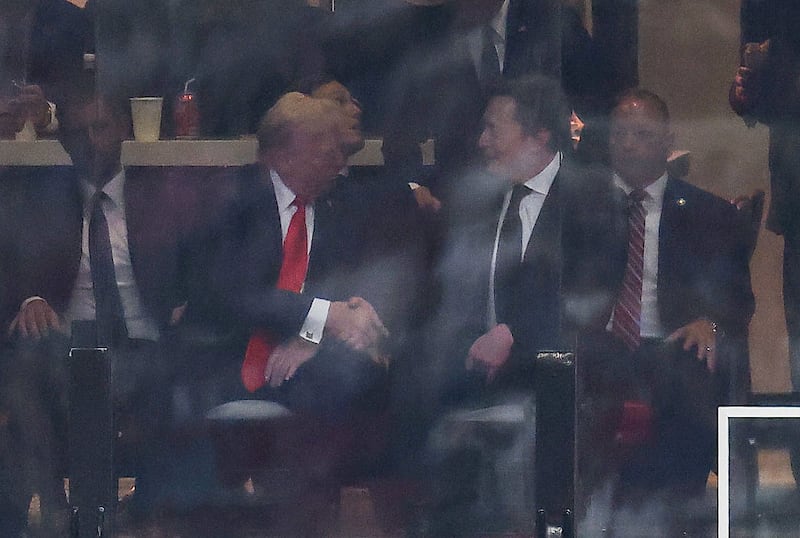
However, Cote granted the Trump administration until Oct. 17 to submit any proposed redactions to the documents.
The Daily Beast has reached out to Musk’s representatives for comment.
This motion wasn’t the only legal setback Musk faced this week. On Oct. 3, a federal judge denied his request to move a lawsuit over his Twitter stake from Washington to Texas, which Musk claimed was to accommodate his busy schedule.
Musk was sued by the Securities and Exchange Commission in January, which claimed that an 11-day delay in disclosing his initial five percent stake in Twitter in 2022 allowed him to purchase shares valued at over $500 million at artificially low prices.
Musk has stayed out of White House affairs since his status as a special government employee ended in late May. What followed was a social media showdown with the president, after Trump’s “Big Beautiful Bill” exposed deep policy disagreements between the two.
Tensions peaked when Trump threatened Musk’s government contracts, and Musk fired back by claiming Trump’s name appeared in the so-called “Epstein files.” He later deleted the post, admitting he had gone “too far.”
The pair publicly reunited last month at Charlie Kirk’s funeral, where they were seen shaking hands. Musk posted a photo of the two seated next to each other on X, with the simple caption: “For Charlie.”
The post Musk’s Boasts About Drugs and State Secrets Backfire Spectacularly appeared first on The Daily Beast.
